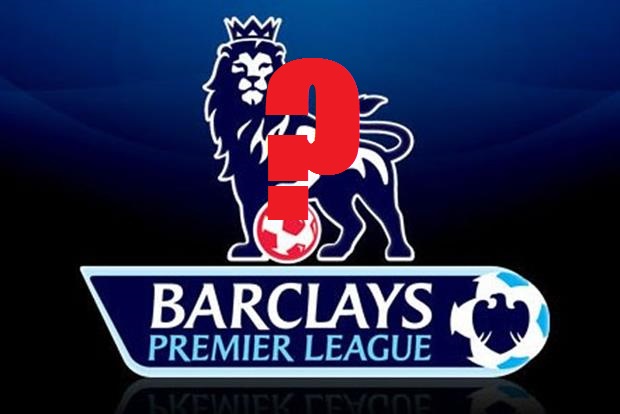The Premier League is a global powerhouse. It was founded less than twenty-five years ago and is now the second-biggest sports league in the world behind the NFL.
The Premier League is competing with Netflix and Amazon, brands that act with certainty and have made transformations into content producers as well as distributors
It has transformed and modernised football in England. It is respected the world over. It’s a beast.
Surprising, then, that it is retiring (let’s not say ‘killing off’) the beast that has adorned its logo and been a symbol of its success since before Harry Kane was born.
It had done nothing wrong, and more than a few people have protested.
Equally surprisingly, the Premier League will go into the 2016-17 season without a title sponsor.
Barclays will not be renewing its longstanding and valuable commitment and there are no plans to replace it. These are big changes, but why change a formula that has been so monumentally successful? Isn’t this all a bit hasty?
The Premier League goes beyond England
Well, it’s not all changing. The heart of the name is staying the same. It will no longer technically be the Barclays Premier League, but ordinary people didn’t call it that anyway.
To them, it remains the Premier League (or even the Premiership) played in England by some of the world’s best footballers. It has its own identity and power, and this success means that elements that have become unnecessary – a symbolic lion, and a business sponsor, can now be stripped away.
The lion is a symbol of England and, in triplicate, of the England football team.
But the Premier League has only a slight connection to the Football Association, and not at all to the English team.
In fact it’s gloriously cosmopolitan, both in its players and its fans, and will only become even more so. It’s so famous now that no one’s likely to confuse it with another, non-English league, so it doesn’t really need an English symbol, let alone one that is misleadingly linked to the national team and even one or two clubs.
The lion did a great job in establishing identity and stature but the reasons for using it have faded and the reasons not to use it have grown, so it is entitled to a well-deserved rest.
Opening up more sponsorship opportunities
The lack of a title sponsor could be seen as a weakness but in fact it’s a sign of strength, whether or not it stays that way forever.
First of all, it’s affordable. Even a £200m sponsorship would only be contributing a 2.5% drop in the ocean compared to the £8bn broadcast rights, and not having a title sponsor frees up other partnership opportunities and a whole lot of inventory.
In addition, there’s always a lingering suspicion that the sort of sponsor the Premier League would most want (a prestigious, well-established brand like Barclays) isn’t the sponsor who would most benefit from it (a brand seeking greater awareness and stature like a betting company or a loan provider)
Finally, it’s not something that particularly pleases the fans. A straw poll of Daily Telegraph readers showed around 40% against having a title sponsor, and another 30% who ‘couldn’t care less’. £200m is a lot to you and me, but if it makes it even slightly harder to build a brilliant Premier League brand, it’s not worth it.
And the potential big advantage of a brand that is both ‘clean’ and lion-free can be summed up in one word: independence. Going forward, the Premier League can operate a little more freely, with slightly fewer shared associations or stakeholder management concerns.
It’s increasingly competing with Netflix and Amazon, brands that act with certainty and have made astonishing transformations into content producers as well as distributors.
These aggressive and modern brands are hungry for their content to fill the same ‘moments of truth’ as The Premier League, which needs independence, freedom, and control to make the decisions that will keep it powerful. Even if it doesn’t look like a lion, it needs to behave like one.
So these big steps in the Premier League brand seem well founded. Now we just have to wait to see what the new logo looks like, because although the lion is being substituted, it shouldn’t be replaced with anything too tame. The identity still needs vigour, immediacy, and craft. This is football, after all.


